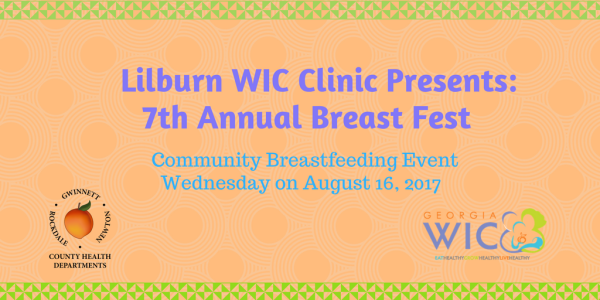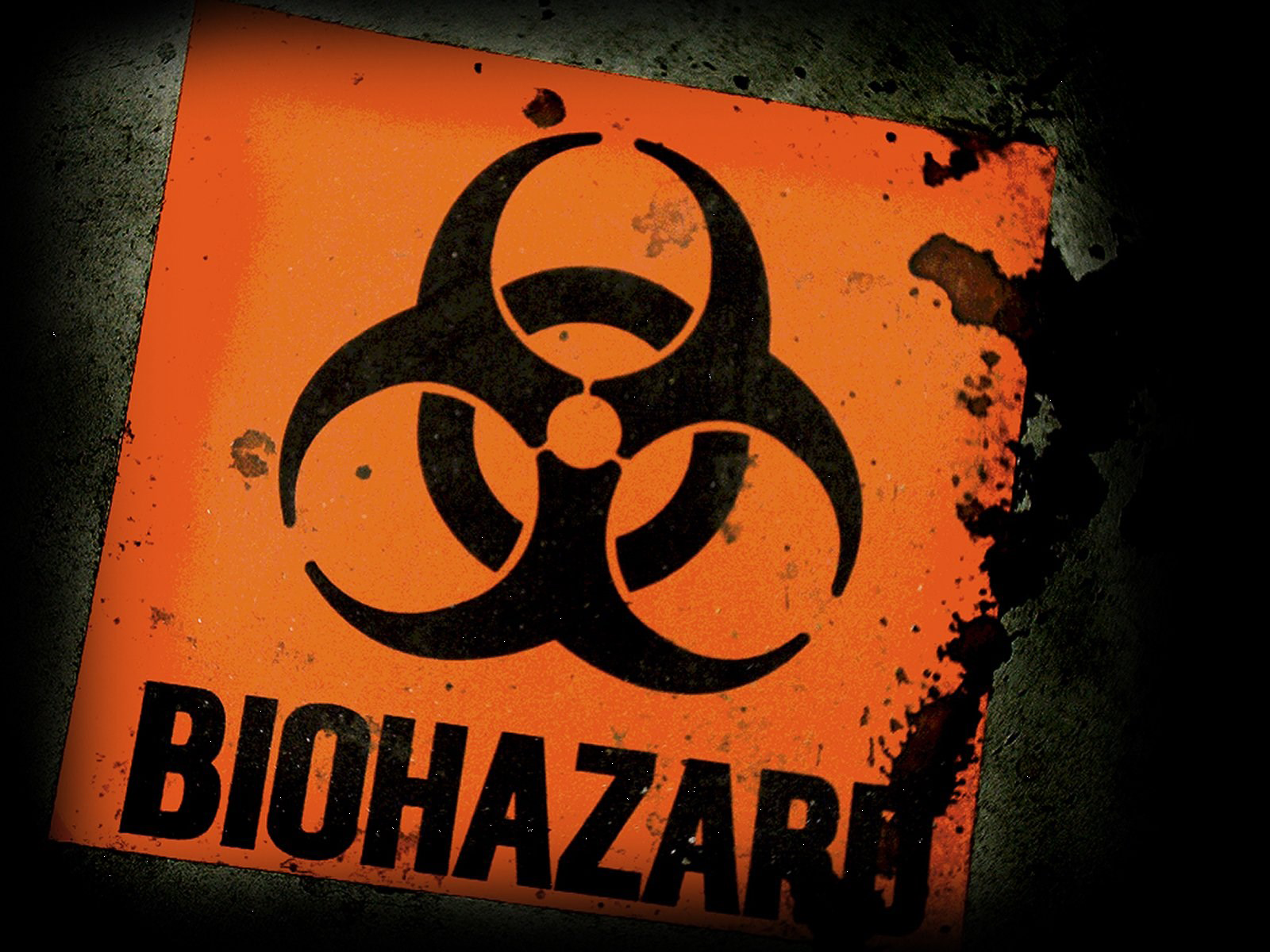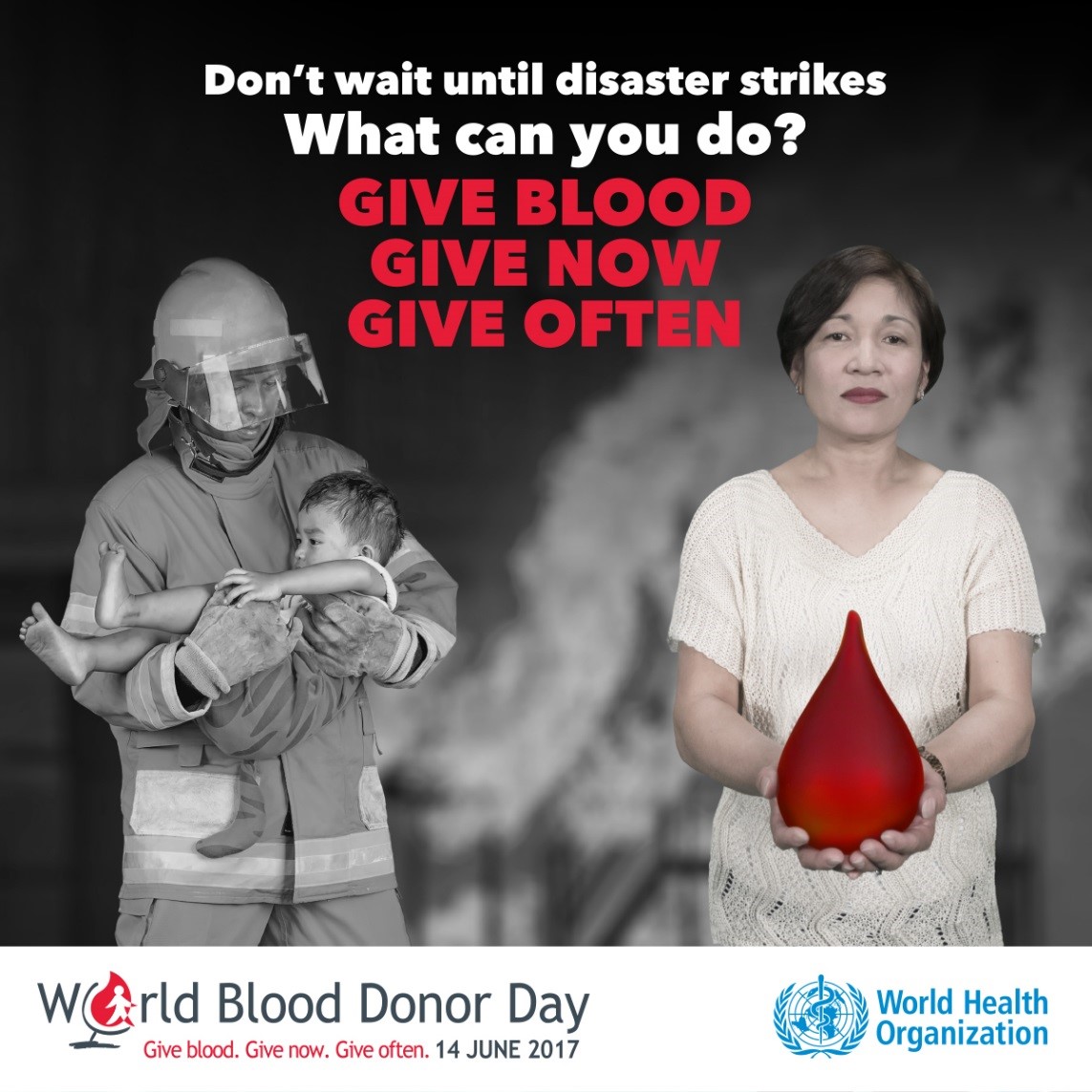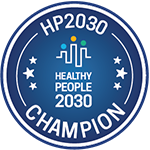In honor of National HIV Testing Day, the Gwinnett Health Departments encourage you to get tested for HIV. HIV (human immunodeficiency virus) is the virus that causes AIDS.
The only way to know if you have HIV is to get tested, as many people with HIV don’t have any symptoms. In the United States, 1 in 8 people living with HIV don’t know they have it. According to a recent report, there were 76 new cases of HIV in Gwinnett last year.
Even if you don’t feel sick, getting early treatment for HIV is important. Early treatment can help you live a longer, healthier life. Treatment can also make it less likely that you will pass HIV on to other people.
In conjunction with National HIV Testing Day, free HIV testing is available at select testing centers and health clinics. The Gwinnett Health Department is promoting HIV awareness and testing at the following places:
June 27th at Lawrenceville Health Center
- 455 Grayson Hwy, Suite 300 Lawrenceville, GA, GA 30046
- 1:00 PM – 5:00 PM
June 28th at Goodwill (education only, no testing)
- 5450 Peachtree Pkwy Norcross, Ga 30092
- 9:00 AM – 1:00 PM
June 28th at Norcross Health Center
- 5030 Georgia Belle Court Norcross, GA 30093
- 1:00 PM – 4:00 PM
HIV is spread through some of the body’s fluids, like blood, semen, vaginal fluids, and breast milk. HIV is passed from one person to another by:
- Having sex (vaginal, anal, or oral) without a condom or dental dam with a person who has HIV
- Sharing needles with someone who has HIV
- Breastfeeding, pregnancy, or childbirth if the mother has HIV
- Getting a transfusion of blood that’s infected with HIV (very rare in the United States)
Helpful Links



 Global Big Latch On events take place at registered locations around the world, where women gather together to breastfeed and offer peer support to each other. Their friends, family and community join this celebration to promote and support breastfeeding. Volunteers from within the community host each location, hosting a Global Big Latch On event creates a lasting support network for the community.
Global Big Latch On events take place at registered locations around the world, where women gather together to breastfeed and offer peer support to each other. Their friends, family and community join this celebration to promote and support breastfeeding. Volunteers from within the community host each location, hosting a Global Big Latch On event creates a lasting support network for the community.




